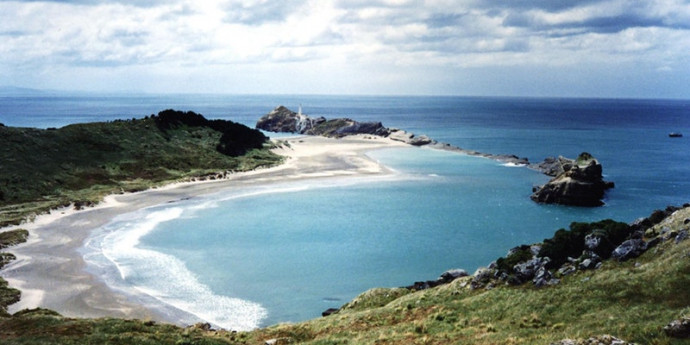Applying Principles of Uncertainty to Better Support Coastal Adaptation

Future sea-level rise will greatly increase the frequency and depth of coastal flooding and will exacerbate erosion and raise groundwater levels, requiring vulnerable communities to adapt.
Communities, local councils and infrastructure operators will need to decide when and how to adapt. The process of decision making using adaptive pathways approaches, is now being applied internationally and in the proposed NZ coastal guidance to plan for adaptation over time, by anticipating tipping points in the future when planning or service delivery objectives are no longer being met. This process requires risk and uncertainty considerations to be transparent in the scenarios used in adaptive planning.
We will summarise the dynamic adaptive policy pathways (DAPP) process, as a method for planning under conditions of uncertainty. Although applied here with a focus on coastal adaptation to sea-level rise, DAPP is suitable for any decision-making process that involves high uncertainty.
We will outline a framework for uncertainty identification and management within coastal hazard assessments. The framework provides a logical flow from the context of the planning decision, to the related level of uncertainty as determined by the situation, to which hazard scenarios to model, to the complexity level of hazard modelling required, and to the possible decision type.
Traditionally, coastal flood hazard maps show inundated areas only. We present enhanced maps of flooding depth and frequency which clearly show the degree of hazard exposure, where that exposure occurs, and how the exposure changes with sea-level rise, to better inform adaptive planning processes. The new uncertainty framework and mapping techniques can better inform identification of trigger (decision) points for adaptation pathways planning and their expected time window for activation, compared to traditional coastal flooding hazard assessments.
SPEAKER
Dr Scott Stephens
Manager of NIWA’s coastal and estuarine processes group
ORGANISATION
The Sustainability Society IPENZ
VENUE/DATE
Online seminar
Thu 30 November, 2017 - 1:30pm Thu 30 November, 2017
